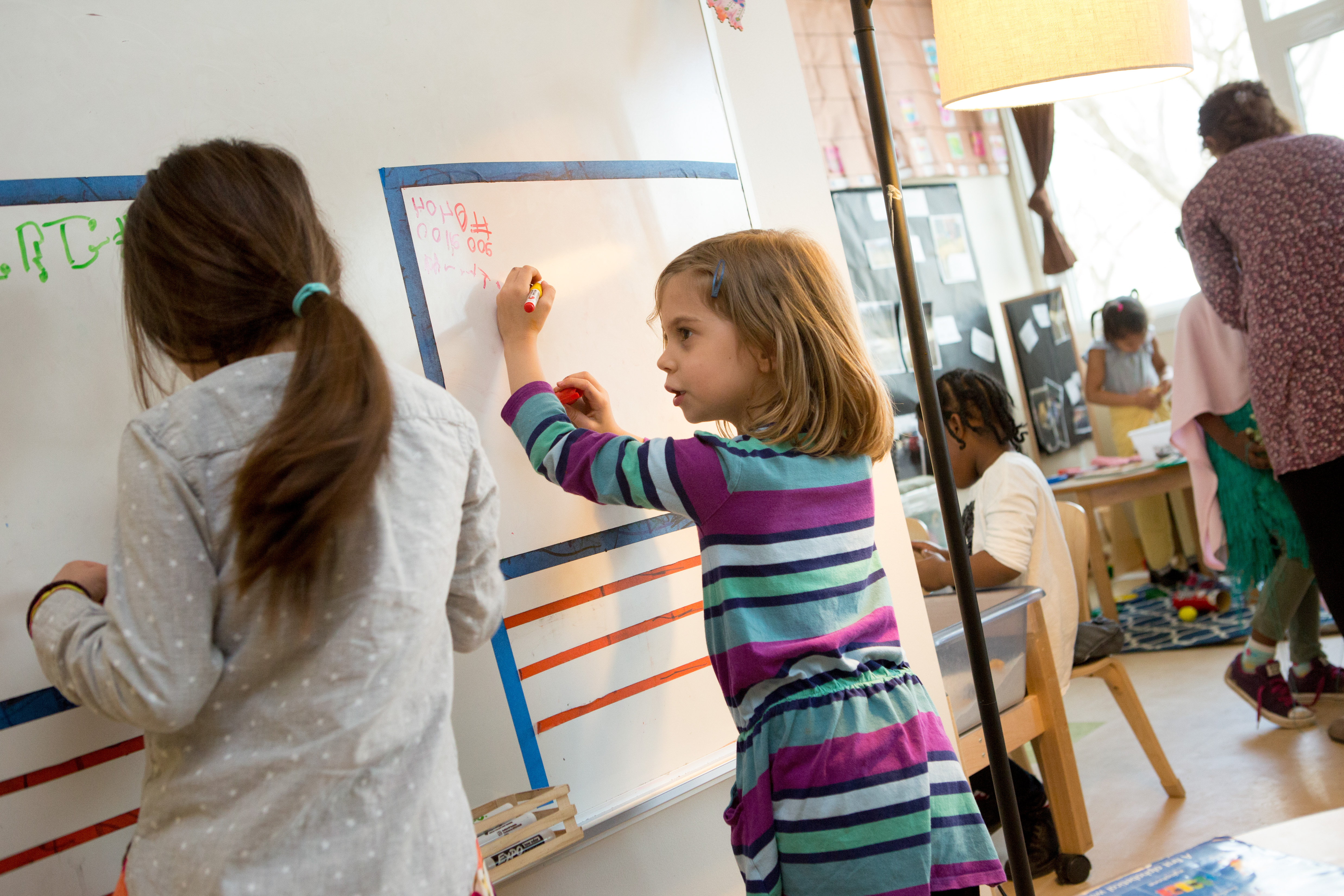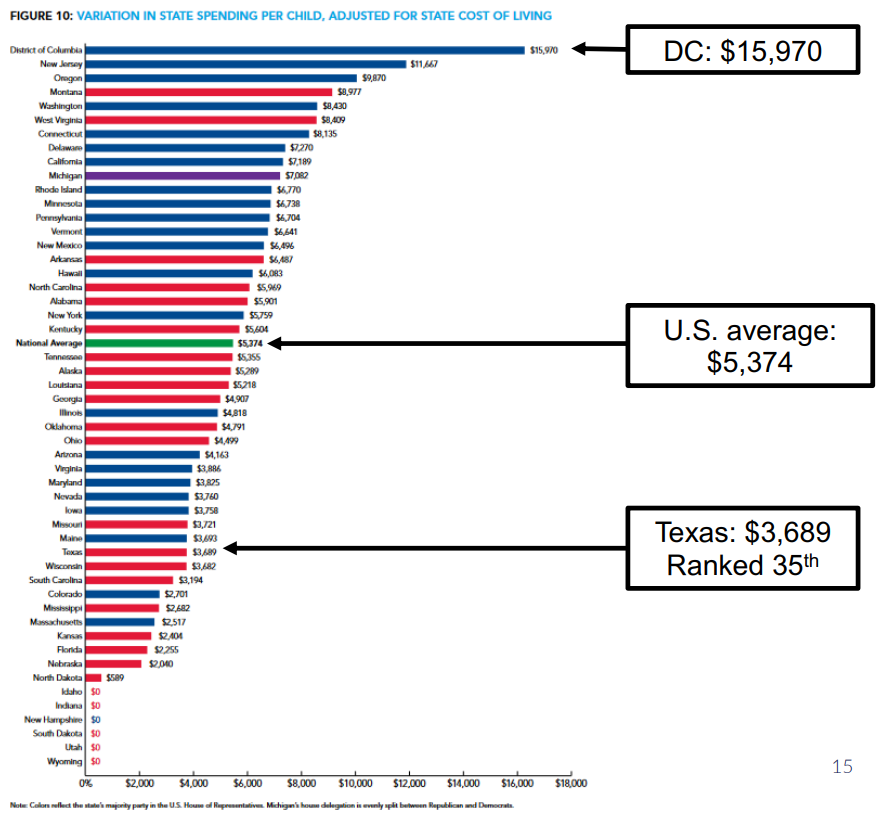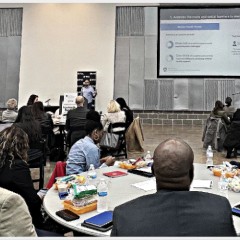“Setting Kids up for Success: Supporting Early Education in the Houston Region” was the second event in HERC’s Educational Research Engagement Series.
HERC Director Erin Baumgartner said early childhood learning opportunities go beyond preparedness for kindergarten—they lead to better graduation rates and lower dropout rates, increased involvement in the workforce and a decreased chance of being impacted by the criminal justice system.
“We know not just from local research but national research that early childhood education is so important for children’s outcomes,” Baumgartner said. “Pre-K is arguably one of the best investments we can make. Economists have estimated the payoff on early childhood investment: For every dollar we spend on early childhood, the return is $7 to $13.”
In 2019, state legislators passed House Bill 3 which intended to increase pre-K participation by requiring school districts to provide full-day pre-K for all eligible 4-year-olds. HB 3 provides funds that can be used for pre-K but it does not include direct funding for full-day pre-K or require districts to use this money on pre-K.
The National Institute for Early Education Research (NIEER) ranked Texas No. 34 in per-child spending on public pre-K at $3,689 — below the national average of $5,374. NIEER estimated that about $12,500 per child is needed for high-quality pre-K. Per-student spending in Houston ranged from $2,600 to $10,000, according to 2021-2022 school year data from the Texas Public Education Information Resource.
Districts often need to pull from other resources to fund pre-K, HERC Associate Director for Regional Research Lizzy Cashiola said. The COVID-19 pandemic also proved to be a disruptor, and pre-K enrollment dropped from 35,109 in the 2019-2020 school year to 26,684 in the 2020-2021 school year.
“Many districts were working on expanding their pre-K classrooms, launching enrollment campaigns and anticipated big enrollment gains in the 2020-2021 school year,” Cashiola said. “The pandemic significantly affected enrollment and attendance for all students but particularly for pre-K students.”
In Texas, there are about 220,000 three- and four-year-olds enrolled in state-funded public pre-K. But there are limits on who meets eligibility. Requirements include students who are English learners, students who are experiencing homelessness or whose families are economically disadvantaged, students with a parent who served in the military, students with a parent eligible for the Star of Texas award for first responders or children who have been in the foster care system.
With public pre-K being relatively new to Texas, Baumgartner said time and extra resources will be needed to scale up the system locally and statewide. She added that campuses and school districts should not think of early education separately from K-12.
“The pre-K system in Texas is different from the K-12 system — from the requirements connected to it and the funding structures connected to it,” Baumgartner said. “A lot of times when people talk about education they say K-12. We need to start saying ‘pre-K through 12’ because that is a piece of that trajectory. More funding is needed to allow school districts to really be able to adequately serve their three-year-old and four-year-old students the way they need to be served.”



